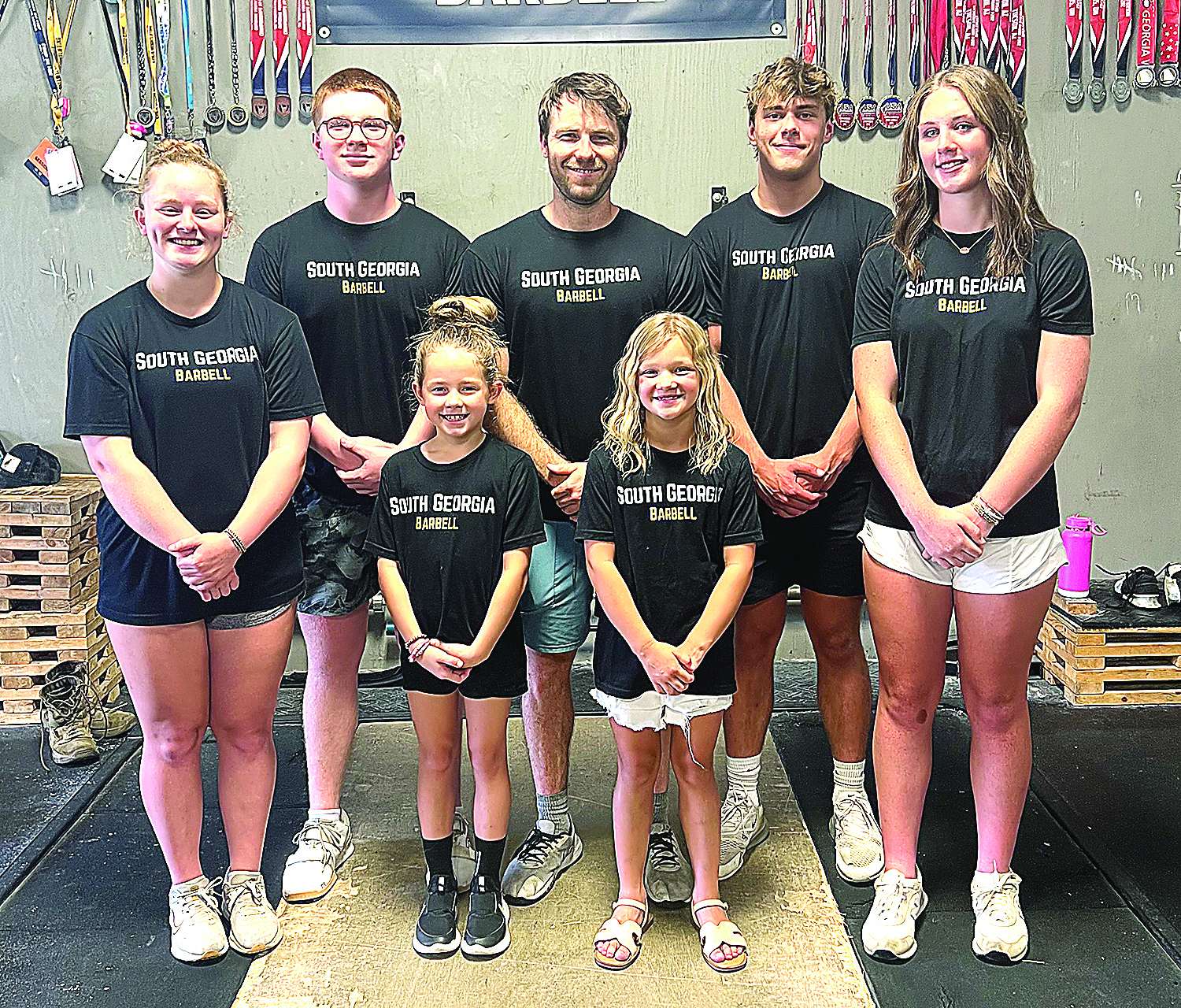Flu, COVID-19 vaccines can be jabbed on same day
Published 9:16 am Saturday, August 28, 2021
With vaccines recommended both for the flu and COVID-19, both jabs can be administered on the same day the lead infectious disease control expert for a Central Pennsylvania health system said.
Additionally, Geisinger’s Dr. Stanley Martin said those interested or eligible for potential booster shots should stick with the same vaccine as they received originally.
Flu season tends to pick up in October and heightens during the winter months. Last season, circulation of the flu was remarkably low. According to the CDC, just 1,675, or 0.2 percent, of 818,939 respiratory specimens tested by U.S. clinical laboratories were positive for an influenza virus. Compare that to peaks between 26.2 percent and 30.3 percent the previous three seasons.
Experts attribute COVID-19 mitigation efforts — mask mandates, social distancing, virtual learning and remote work — combined with inoculation as to having greatly reduced the spread of the flu. This year, mask mandates are fewer and students and employees are returning to schools and workplaces, potentially returning to pre-pandemic levels of the flu.
Martin, the top infectious disease expert for Geisinger health system that covers most of the eastern portion of Pennsylvania., advocates for both vaccines — flu and COVID-19. And, they can be administered during the same visit but in different arms.
“Mixing vaccines is not recommended. Anyone qualifying to receive a third dose of the Pfizer or Moderna COVID-19 vaccine should receive the same vaccine they previously received,” Martin said.
As to the COVID-19 vaccine, Martin said those who currently qualify for booster shots should receive the same vaccine as they had originally. Someone with the Pfizer vaccine should get that same vaccine as a booster. Same goes for Moderna. This advice would hold, too, as the White House plans to expand booster shots universally, reportedly 8 months after a person is fully vaccinated. This could begin as soon as Sept. 20.
With the federal agency’s formal approval of the Pfizer vaccine, Geisinger has mandated employees be fully vaccinated by Oct. 15. They risk termination otherwise. Geisinger’s system includes nine hospital campuses, a health plan with more than half a million members, two research centers and the Geisinger Commonwealth School of Medicine and has nearly 24,000 employees and more than 1,600 employed physicians.
Martin said he hopes the FDA’s approval will help ease people’s concerns and reassure them that the vaccine is safe.
“We commonly hear concerns about the vaccine being rushed or that there isn’t enough science behind the vaccine. However, we know exactly what the COVID-19 vaccines do, how effective they are and the side effects they have,” Martin said. “Today’s FDA approval gives us more confidence that there has been enough evidence and a rigorous review of this vaccine and answers the question of just how safe and effective the Pfizer vaccine is. It’s preventing serious illness and death and doing exactly what it’s supposed to do.”
Efforts continue to persuade vaccine-hesitant people to get their first dose as the fast-spreading delta variant poses an increased risk to younger, healthier people who aren’t vaccinated.
“The inalienable fact that hits us every day in health care is people getting admitted with COVID and dying from COVID are unvaccinated,” said Dr. Amy Crawford-Faucher, family medicine physician and vice-chair of the Allegheny Health Network Primary Care Institute. “I don’t know what further proof people need to protect themselves and their vulnerable loved ones. Getting vaccinated is the answer.”
The plan to open boosters up to nearly all Americans is awaiting final approval by the U.S. Food and Drug Administration, which has been studying the safety and effectiveness of the third dose.
Here’s what you need to know about getting a COVID booster shot:
Q: When can I get a booster shot, and where do I go to get one?
For now, only adults and children older than 12 who are immunocompromised can get booster shots.
The Biden administration’s announcement came about a week after the Centers for Disease Control and Prevention recommended a third dose of the vaccine for certain people with weakened immune systems, such as cancer patients and organ transplant recipients.
If the FDA green-lights the broader rollout, the booster shots will be available to already vaccinated individuals about eight months after their second dose. The boosters should be available anywhere the vaccines are being offered.
Will the booster’s side effects be worse than the second shot?
Health officials say more data is needed, but so far the side effects of booster shots appear to be no more severe than those experienced by recipients following their second dose. The booster is no different from the prior doses.
“It’s the exact same vaccine,” Crawford-Faucher said.
For some, the only effect may be a sore arm. Others report mild flu-like symptoms such as fatigue, a fever and nausea that tend to subside within 24 hours.
So what if I got a Johnson & Johnson vaccine?
The short answer: Hang tight.
“There is no recommendation for any booster for J&J. We’re sure it’s coming, we just don’t know exactly when,” Crawford-Faucher said. “We don’t have the final word on whether you should be boosted with J&J or whether you should be boosted with an mRNA vaccine.”
How much will it cost? What if I’m uninsured?
Like the initial vaccine doses, the COVID-19 booster shots will be free to everyone, regardless of insurance or the lack thereof.
“There is no out-of-pocket cost,” Crawford-Faucher said.
The Tribune News Service contributed to this story.





